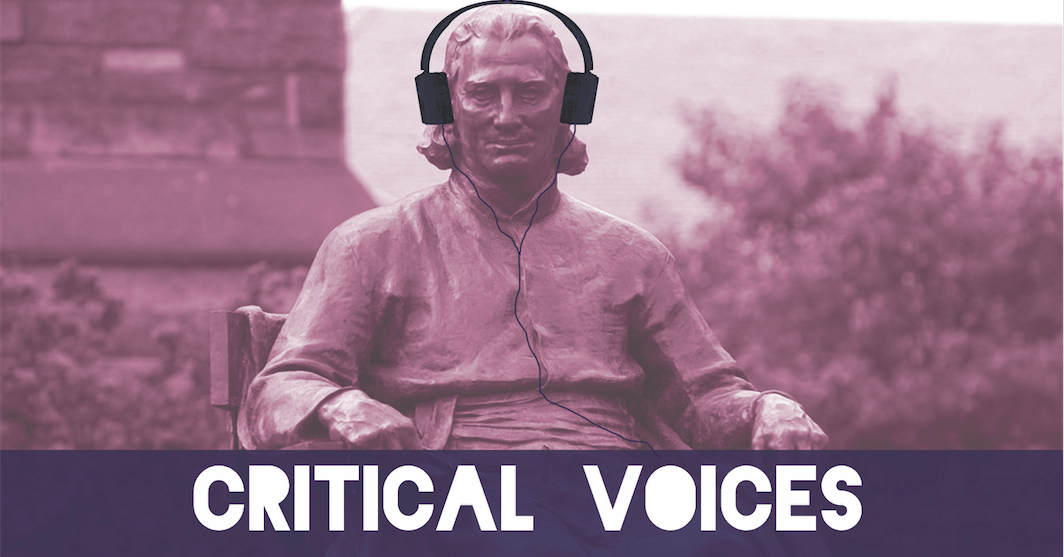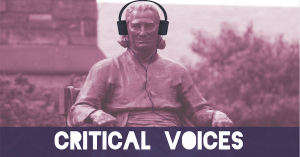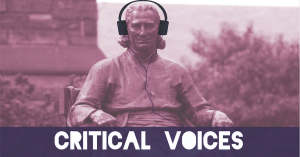Throughout his long and storied career, Neil Young has distinguished himself as one the most influential and unique voices in folk rock. Young cut to the fore of the genre with his instantly recognizable delivery, deeply descriptive and moving storytelling, and unflinching accounts of violence and drug abuse. In Hitchhiker, Young is at top form, releasing recordings originally taken in 1976 that have since been mastered for popular release.
A majority of the tracks on the album have already appeared in one form or another, save for “Hawaii” and “Give Me Strength.” While the former fits nicely into Young’s discography, the latter is as close to a ballad as Young has ever been. Dedicated solely to a former lover, Young foregoes his normal storytelling and instead fills the song with pained harmonica and pleas for the strength to move on. The rest of the collection shows Young at his best, reviving the songs that brought him acclaim.
Young has the rare ability to entirely deconstruct common American legends. Opening the album with his iconic track “Pocahontas,” Young transports listeners to his both dreamlike and nightmarish fantasies about life as a Native American. After describing the beautiful aurora borealis and untrammeled American plains, Young immediately delivers the line “they killed us in our teepees and they cut our women down”—the kind of jarring contrast that Young has mastered. Often he sets up glorious scenes that conjure folk epics, only to then quickly undercut listener expectations, leaving his audience reeling with the brutal reality of our oft-romanticized history.
“Powderfinger” fits neatly into this pattern, as Young narrates a young Native American man readying himself to confront a warship that is quickly approaching his village. “Raised my rifle to my eye, never stopped to wonder why” he stoically recounts, evoking Tennyson’s Charge of the Light Brigade, only to follow it with, “then I saw black, and my face splash in the sky,” as his voice begins to falter. Young’s uncensored storytelling, everyman voice, and straightforward instrumentals combine here to almost overwhelming effect.
The album’s title track, “Hitchhiker” recounts the litany of drugs Young experimented with on his journey to fame. Seeing Young describe his rise to fortune through the lens of his drug habits is a truly intriguing perspective: he begins by smoking hash as an unknown in Toronto; he moves to amphetamines by the time he reaches California, where he knows he is “getting hotter”; he begins taking Valium to cope with the “neon lights and endless nights,” but it makes him paranoid; he moves to the country and smokes marijuana “in a real organic scene,” but soon grows restless; he returns to the road with a cocaine addiction, but reassures listeners that “that ain’t all I know.”. He closes his epic tale wishing that he could create a place specially for a “chosen few,” indicating that now, his people are most important to him.
Hitchhiker is truly Young at his best, and encompasses the finest aspects of his long career. Young bares his heart over a simple guitar, spinning tales of heartbreak, addiction, and death in his disarming and magnetic way.
Voice’s Choices: “Pochahontas,” “Powderfinger,” and “Hitchhiker”





